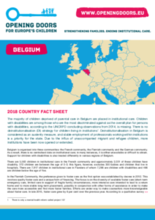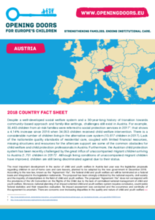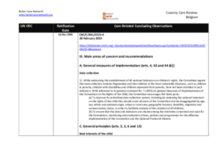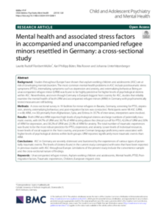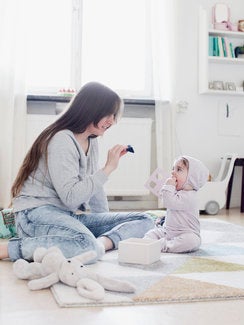

Displaying 141 - 150 of 412
The increasing importance of higher levels of formal education and training leads to an extended transition phase to adulthood in Austria. This article explores how care leavers are confronted with new disadvantages and with a lack of political and societal attention.
This factsheet highlights the developments and challenges still ahead in Belgium and offers key recommendations to the EU and the national government to ensure that children are cared for in family-based settings.
This factsheet highlights the developments and challenges still ahead in Austria and offers key recommendations to the EU and the national government to ensure that children are cared for in family-based settings.
The present study addressed institutionalised children and staff members' perspectives about bullying in Residential Care settings (RCs) in five European countries (Bulgaria, France, Greece, Italy and Romania.).
This country care review includes the care-related Concluding Observations adopted by the Committee on the Rights of Persons with Disabilities and the Committee on the Rights of the Child as part of the Committees' examinations of the initial State reports.
This study examined the predictive power of the Strength and Difficulties Questionnaire (SDQ) for predicting foster placement breakdown.
In order to gain insight into the role that decision-making plays in family preservation practice, the authors of this article studied decision-making within a family preservation (FP)-intervention program provided by the Expertise Center.
This article presents a cross-sectional survey in 19 facilities for minor refugees in Bavaria, Germany, screening for posttraumatic stress symptoms (PTSS), depression, anxiety, externalizing behaviour, and post-migration factors.
"Belgian authorities have asked for DNA samples of children adopted from the Democratic Republic of Congo to establish if their biological parents are still alive," according to this article from BBC News.
This articles presents an analysis of 33 semi-structured interviews with foster families in Flanders, exploring the tensions between voluntaristic and professionalising tendencies in foster care.

